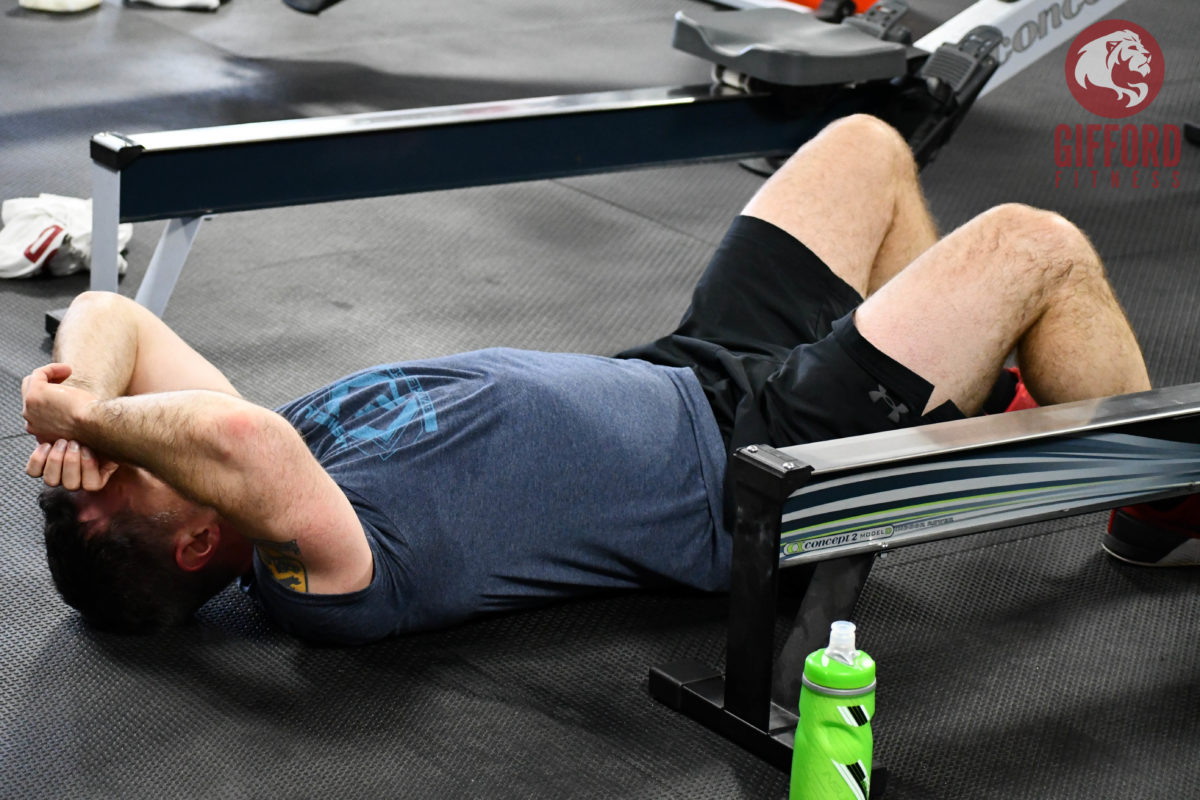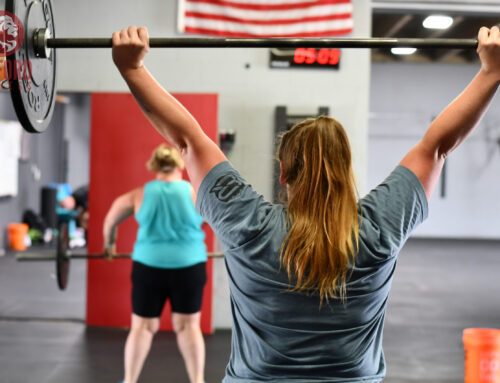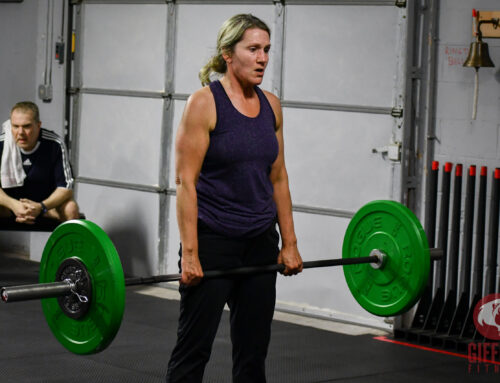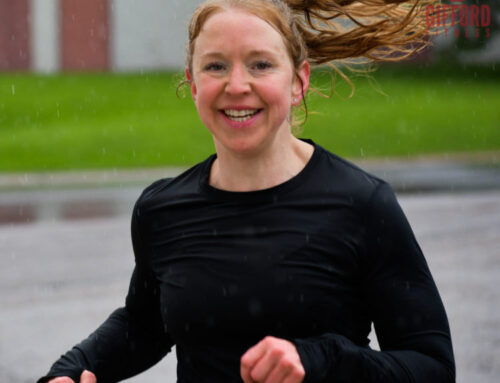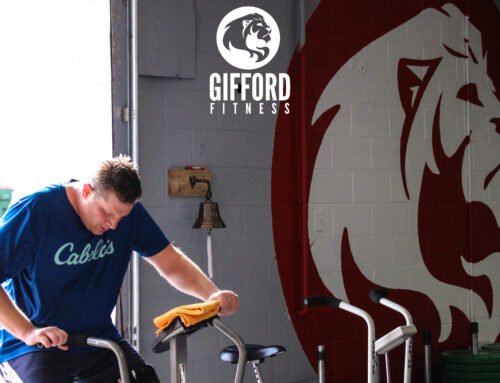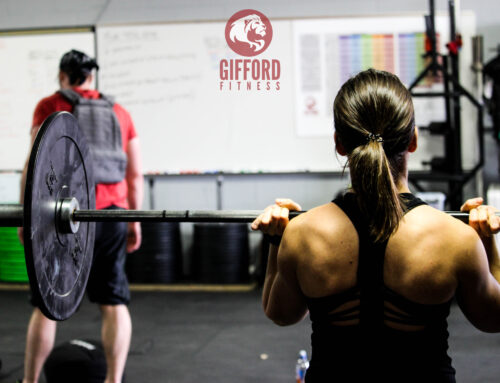Sleep often gets deprioritized when people start “working harder”. They train more, sleep less. They work more, sleep less. They eat more and go to sleep right after. This is a basic list of things to do to get the most out of your sleep!
Sleep is at the center of our recovery process. We don’t sleep because it’s fun, we sleep because we need it! Our body needs to recover and restore systems, repair tissues, and reset for the next chunk of tasks.
Let this list serve as a “cheat sheet” of sorts that you can refer back to when you don’t feel recovered.
SLEEP CHECKLIST
-
Position
- Sleeping posture – we want a neutral sleeping posture, avoiding biases on either side of the body. A neutral sleeping posture is sleeping on the back (belly up) with a neutral spine, neutral shoulders, neck relaxed and neutral, and feet neutral. Our sleeping environment and routine should allow for this posture. People are not by nature a belly or side sleeper, or someone who tosses and turns in bed. Your mobility and functionality as an athlete, your environment, and your nighttime routine is what gets you on one end of the spectrum or the other.
-
Room
- Pitch black lighting – check for phone/charging lights, even if they aren’t in view from your sleeping position
- Sound – some people like white noise, like a light fan or a white noise machine if you can hear traffic outside
- Temperature of room – cool, somewhere around 60-70 ℉ is ideal
-
Bed
- Firmness of mattress – depending on flexibility and posture strength, most athletes will want a more firm mattress so they can sleep in a neutral spine and shoulder position. A less firm mattress that’s sloppy and has poor structure will put you into an overextended position and hinder your breathing and could lead to back injury.
- Type of pillow – the type of pillow that allows you to sleep in the proper position and doesn’t lead you to toss and turn is best. There are dense and less dense foam pillows, cooling foam pillows, scented, etc. (We like gel-infused memory foam pillow)
- Comfort of sheets – allowing for freedom of movement as desired and whatever promotes the proper sleeping posture (this will contribute temperature too). Some people like heavier sheets/bedding, some like lighter.
-
Wind down
- Timing – start winding down about an hour before you want to go to sleep. This is when you start your “nightly routine”. Brush your teeth, shower, start heading to bed and get ready to wind down.
- Nutrition – this is up to preference, but again the right nutrition before bed is whatever allows you to sleep best. For some, about 1-2 hours is the minimum gap between the last meal and bed time. For hydration, avoid drinking an entire bottle of water before bed (so you aren’t getting up all night). Otherwise, sips of water are great. For the best sleeping experience, avoid caffeine and processed foods 1-2 hours before bed (and caffeine is best left out 6 hours before bed).
- Screens – eliminate these at least 30 minutes before bed, but ideally an hour. The blue light stimulates the brain and “wakes you up”, so to speak. No, blue light glasses aren’t a proper substitute. Read a paper book, play a chill board game, or do some journaling.
- Activity – avoid intense activity several hours before bed, and start minimizing movement an hour before bed. I used to have an astronomy teacher who would say “in bed by 8, tucky tuck by 8:30, asleep by 8:45” … while it’s kind of funny to say, it’s true! Give yourself plenty of time to settle into bed. Rushing to sleep isn’t ideal for anyone.
- Noise – as you wind down, some light music is ok, heavy metal…maybe not so much. Keep it light, if anything!
-
Wake up
- Noise and Light – Just like how we want to ease into falling asleep, we also want to ease our way out of bed. Waking up in a dark room with a harsh and loud alarm can make us feeling groggy after waking up. We suggest waking up to a soft light – ideally natural light, with no alarm. It’s the best! But in Minnesota during the winter months, waking up to natural light might be hard, and if you have to wake up at a certain time, an alarm of some kind might be necessary. For artificial light, check out a sunlight alarm (we love this one). The idea behind the sunlight alarm is to wakeup softly and slowly, so that you “wake up” rather than “jump up”.
- Snooze – don’t touch it. Snooze button doesn’t exist. It won’t help your recovery, it’ll only increase your inertia, so to speak. No snooze. Need incentive? Put your alarm on the other side of the room.
- Move – once you get up, start moving around. Don’t just sit right back down somewhere. Get yourself moving, go on a walk, get yourself ready for the day, and do the physical tasks on your to do list.
- Screens – To go in line with moving, avoid screens of all kinds for at least 30 minutes after waking up. No phone, no email check, just get up and get moving with your day.
WHAT DOES COACH NICK DO?
My nightly routine + wake up routine has been key to my recovery from workouts and general life stress. I’m less sore, more energetic, and it has been a real game changer when work and training increase. If I ever feel groggy and trashed, I check my sleep and nutrition first.
- I start winding down about 9-9:30, cutting out screens around that time. Goal is to be lights out at 10:30. I make sure I have a general to do list for the next day figured out before this time, and have everything planned that I need to. Shower, brush my teeth, dim lighting in the bedroom, and set temperature for the room as needed. Ideally, my last meal was around 7:30 ish.
- I’ll sip water as I read, play a chill board game with company until 10:15 – 10:30. At that time, I’ll hit the dimming light on my sunlight alarm for when I shut my eyes. It starts bright, and dims to pitch black over a set time (I do 10 minutes) while the other lights are turned off in the room. If I’m really overworked, I’ll also set my phone alarm as a backup on the other side of the room.
- I wakeup at 4:30 – 5 AM most mornings to the sun alarm. I know I’m well rested when I wake up right when it turns on (if I set my sunlight alarm for 5 AM, it turns on super dim at 4:30). I know I’m exhausted when I wakeup closer to 5 or at worst, from the sound of my phone alarm.
- The second I open my eyes, I get up, get dressed, brush my teeth, grab my bag and head out the door. This is usually 7-10 minutes. I’ll head right to the gym to get in a quick workout before starting work for the day.

